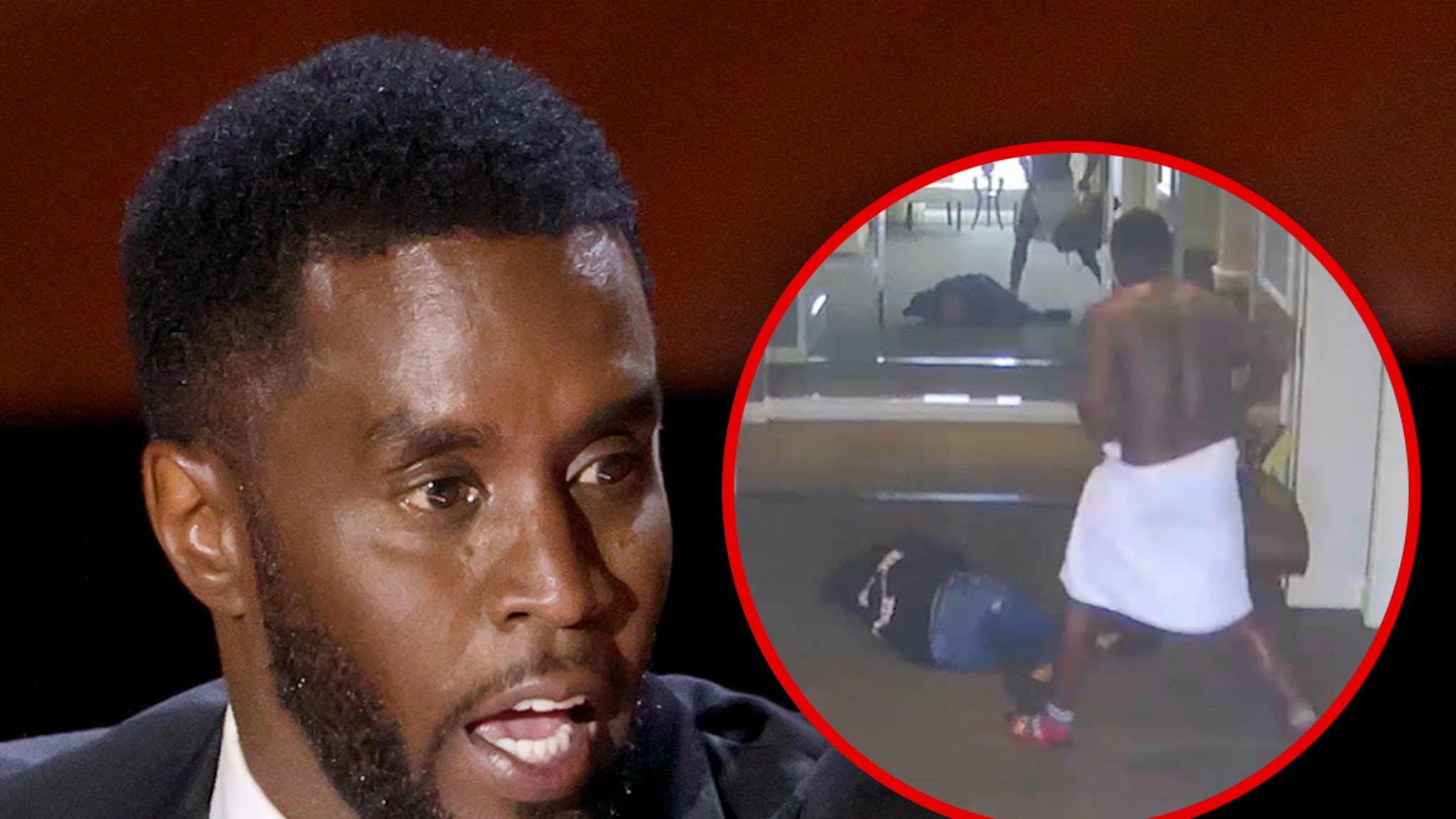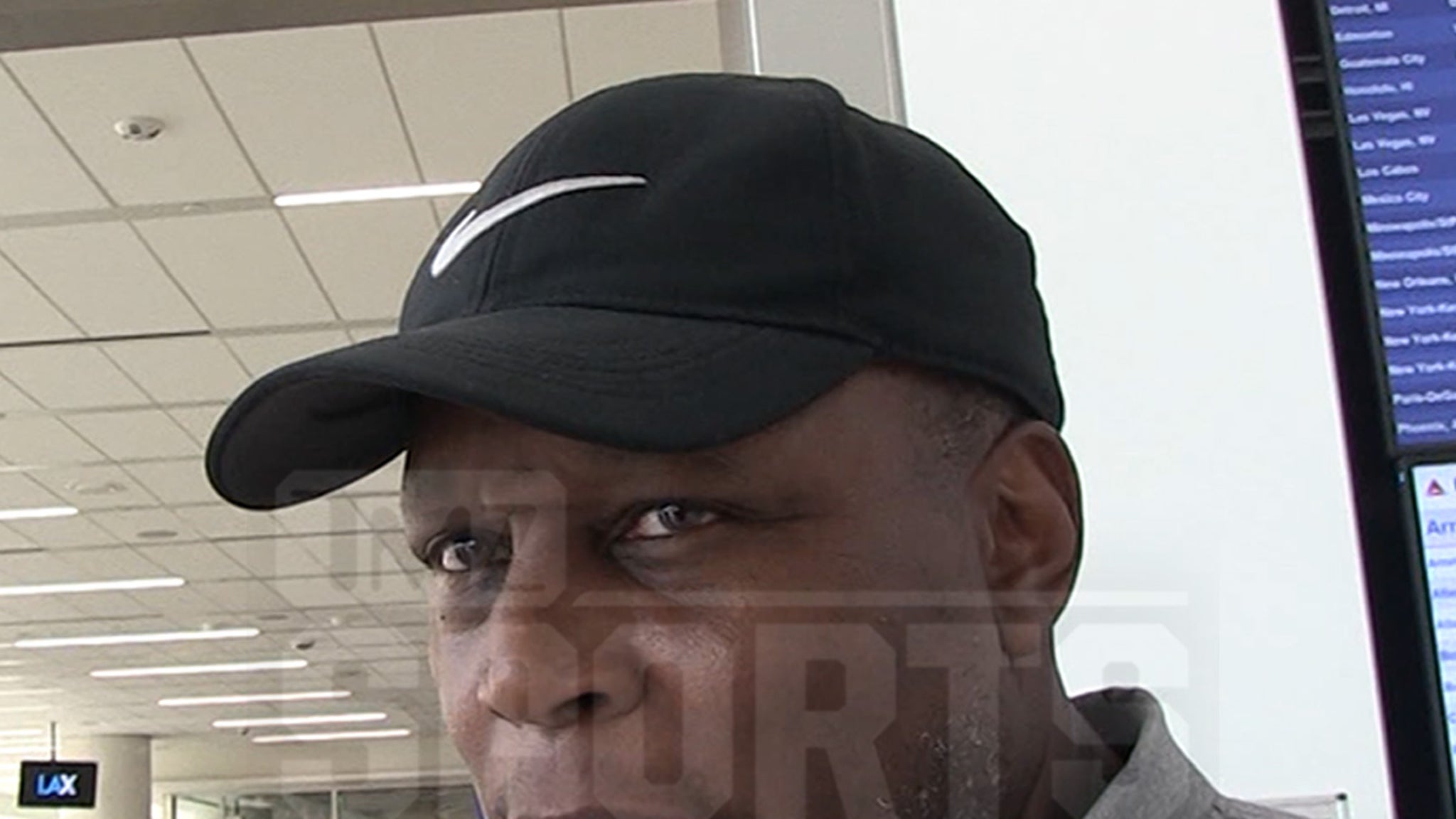In the UK, anyone applying for a job in certain positions may undergo an enhanced DBS check. This is the highest level of background criminal record check by the Disclosure and Barring Service (DBS), which is operated by the Home Office. This is because, over the last few decades, cases have come to light where some of society’s most vulnerable members have become the victims of people in a position of trust. From children to pensioners and many other demographic groups in between, safeguarding is now taken very seriously by government, and as a result, by employers, voluntary organizations and higher education establishments.
Reasons for Checking
Almost all paid jobs, voluntary posts and educational placements which may involve contact with the public are likely to involve some level of DBS check. At the lowest level, the basic check is requested by a post applicant, in response to a request from their potential employer or other institution. This check shows up only any unspent convictions on a person’s criminal record, in accordance with the Rehabilitation of Offenders Act (ROA) 1974. This act states that, for legal purposes, spent convictions should be treated as if they had never happened, as the offender has paid any fines or served any other sentences given.
Above the basic check, however, spent convictions are disclosed. This is in line with the ROA’s 1975 update, dealing with Exceptions. These are circumstances where the position applied for is deemed to be important enough for all convictions, including spent ones, to be disclosed. Also reported are any cautions, reprimands, final warnings handed out; all of these are held on the Police National Computer (PNC). In order to ask for a standard (or above) background check, the employer must comply with rules applying to the exceptions.
Standard checks will be carried out as a matter of routine for anyone wanting to enter the professions of solicitor, barrister or accountant. This is to protect the employing institution from risk of reputational damage, as well as reducing the risk of fraudulent activity which might harm customers and / or clients. Standard checks for such positions are regarded as industry best practice.
Enhanced DBS checking
The most stringent level of disclosure are enhanced DBS checks. These are carried out for any application for a position in the fields of health care, teaching, social care and support work; in fact, any role which involves regular contact with children or vulnerable adults. Again, there are very strict criteria which employers must follow before asking for an enhanced DBS check. As well as revealing everything included in a standard level, an enhanced check will be notified to police, who are then obliged to add any relevant notes or other information deemed relevant to past convictions, warning and reprimands.
As well as work in the listed professions, enhanced DBS will be carried out for anyone applying for a taxi or private hire licence. This is because such drivers are in a position of power and trust; there has been more than one nationally reported case where this trust was seriously abused. Not only this, but many institutions providing special needs care and social services also use private hire taxis as part of their everyday work; thus some of the most vulnerable people in society are essentially put in the care of taxi drivers on a regular basis.
Filtering
Even at the enhanced DBS level, some searches reveal more than others; this is due to a process known as filtering. Even if a position passes criteria which require the enhanced check, there are certain types of conviction which an employer is not necessarily allowed to see. This being the case, they are not legally entitled to ask an applicant to disclose these convictions or warnings. Legislation was changed in 2013 to tighten up the vetting procedure, as some employers had misinterpreted legislation and required applicants to make declarations they did not have to make; even if there were no convictions to disclose, this is still a breach of the ROA.
What some employers are able to do is include a search of the children’s barred or adult’s barred lists. These include names of all individuals convicted of certain crimes, at any time in the past. Such disclosure will be necessary when working at schools, for instance; but, again, employers have to make sure they are entitled to ask for such a search. This is as important a part of the DBS system as individual disclosures.
You can view the original article HERE.






























